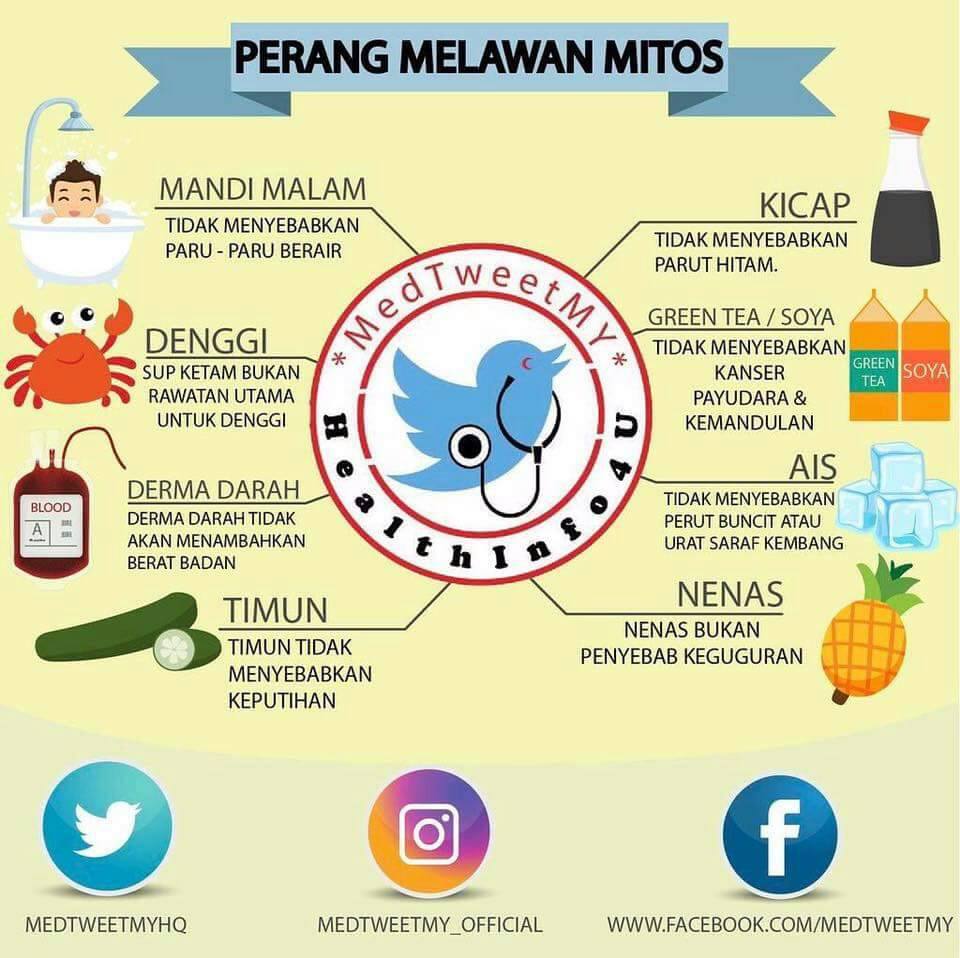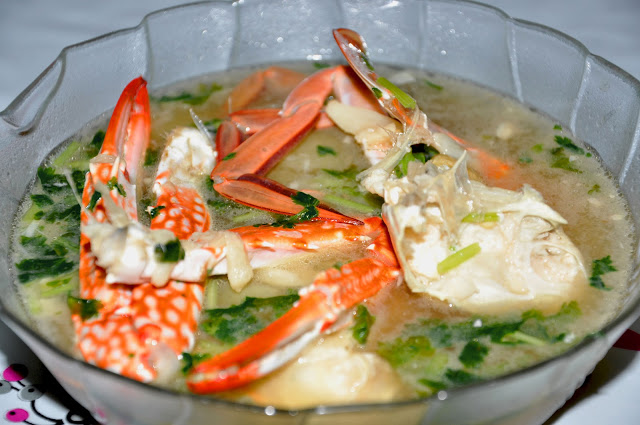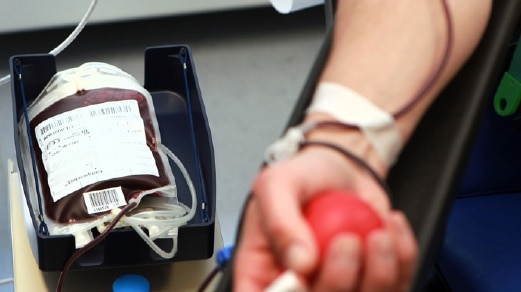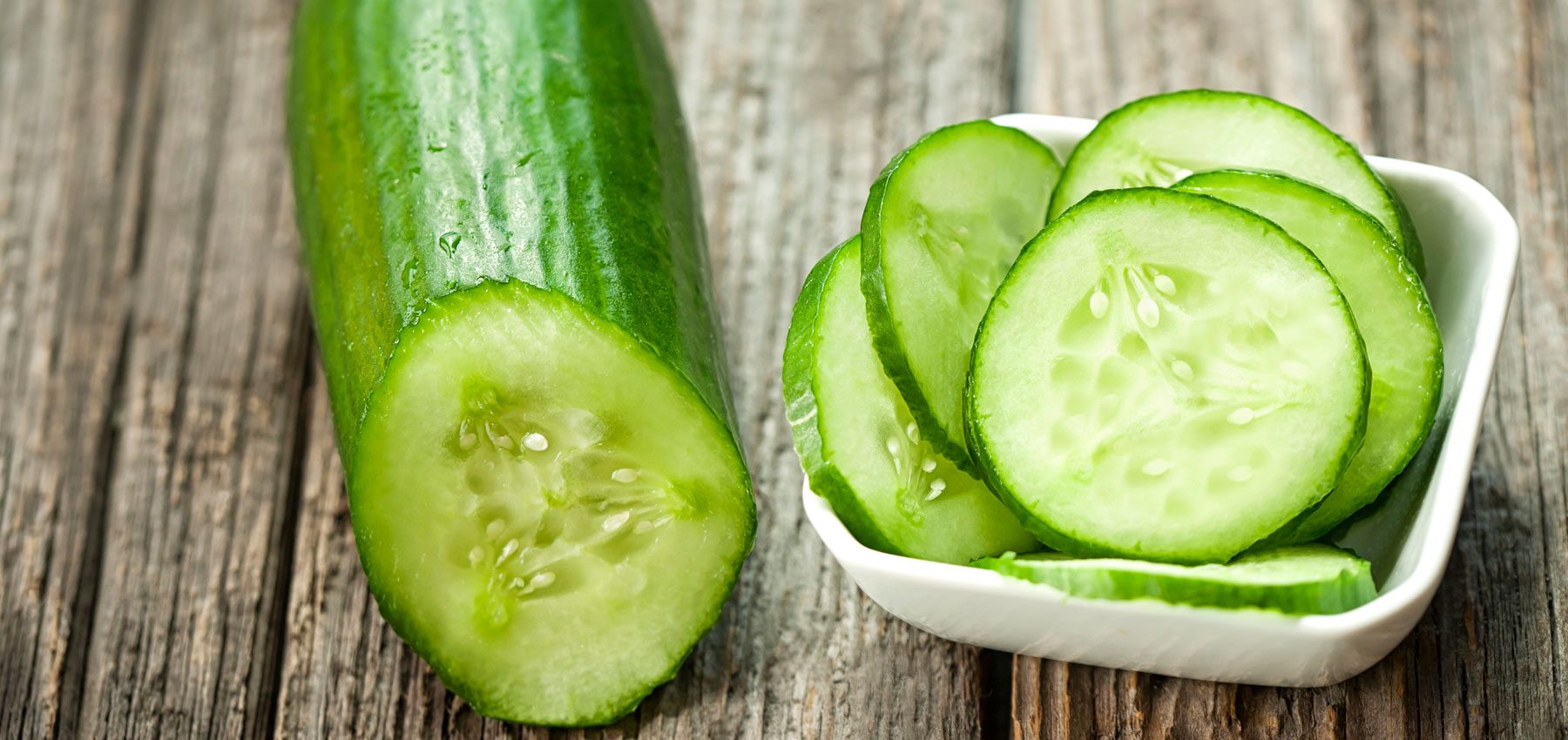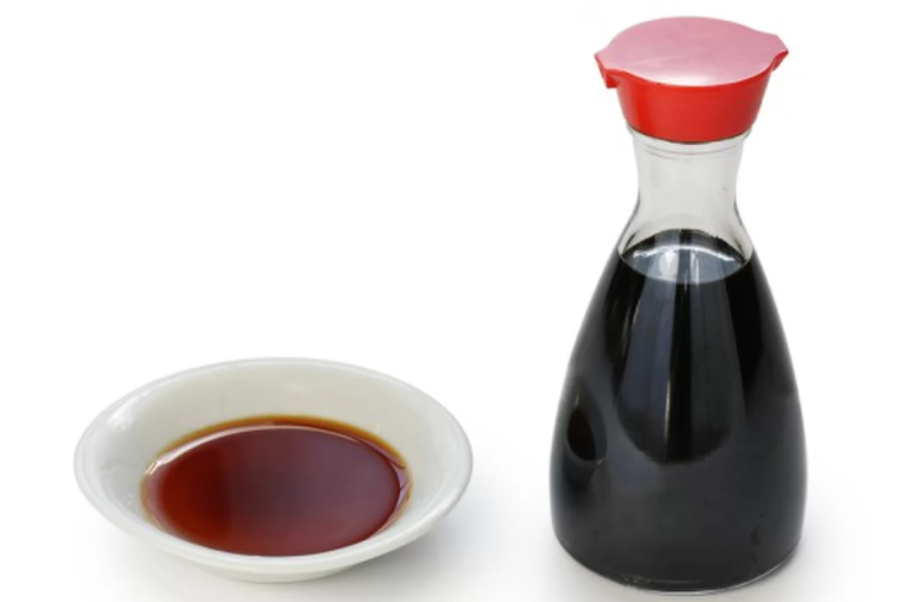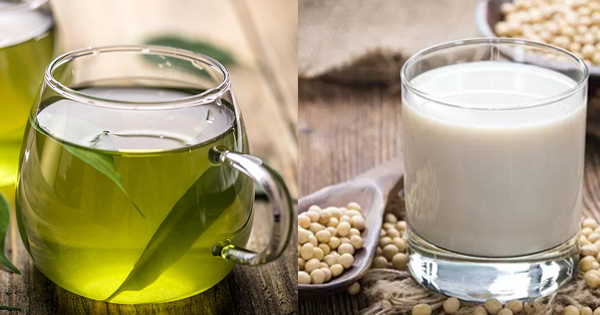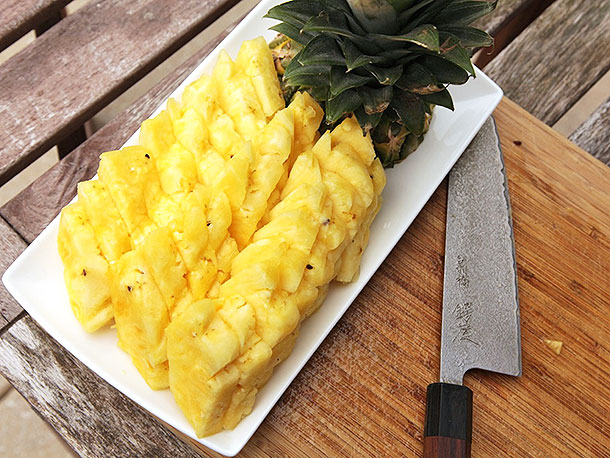Viral Image Debunks 8 Health Myths That Are Still Widely Believed By Malaysians
Setting the record straight.
An image debunking several misconceptions and myths related to health has gone viral on social media
The image titled 'Perang Lawan Mitos' (War Against Myths) is an illustration of eight different health-related myths created by @MedTweetMY, a group that was formed in 2016 consisting of local health professionals and experts.
The image was shared on the Ministry of Health's (MOH) official Facebook page yesterday on 4 April, receiving more than 20,000 shares at the time of writing.
1. Late night showers will lead to pneumonia
There's a belief that taking late night baths could potentially have bad effects on a person's health, leading to pneumonia. This belief is apparently common among Asians.
A medical doctor and member of Malaysian Mythbusters Medical, Dr Kamarul Ariffin Nor Sadan, previously explained in a tweet that pneumonia is caused by bacterial infection or virus in the lungs and "late night baths do not cause pneumonia attack".
2. Crab soup is the main treatment for dengue fever
Word has it that the intake of crab soup is an effective remedy that should be considered by dengue fever patients.
However, it is at best an alternative method and is not the main remedy for the treatment of dengue fever.
3. Donating blood will lead to weight increase
There have been claims that donating blood purportedly affect body weight, specifically weight increase, supposedly because donors would experience increase in their appetite.
The MOH's MyHealth website stated that donating blood has no effect the weight. It also cited a study conducted by the University of California which revealed that people burn approximately 650 calories per donation of one pint of blood. However, the MOH went on to stress that it is not a long-term plan to lose weight.
4. Eating cucumber will induce vaginal discharge
Some people have claimed that the occurrence of vaginal discharge stopped as soon as they stopped the intake of cucumber.
There are a few different vaginal discharges and they are triggered by different reasons, but the consumption of cucumber is not one of them.
5. Soy sauce will result in dark spots or scars
There is a prevailing food myth that suggest patients recovering from surgery or just anyone that has a wound recently, not to consume food with dark soy sauce as it would apparently worsen the scarring and darken the skin during the healing process.
Dr Tan & Partners, a group of medical clinics based in Singapore said, "The pigmentation is caused by inflammation, rather than by ‘staining’ by the food and is common after any form of injury to the skin."
6. Green tea or soy causes breast cancer or infertility
Numerous studies have been conducted to study the relationship between breast cancer risk with soy and green tea consumption.
The Canadian Cancer Society states that it's a myth saying, "Studies in humans have not linked eating soy foods (e.g. tofu, tempeh, miso, etc.) to increased breast cancer risk. In fact, evidence suggests it may even lower the risk for developing breast cancer."
Additionally, results from a 2010 study did not find any association between green tea intake and the risk of breast cancer.
Meanwhile, there have been claims that eating soy can allegedly cause infertility among men as soy affect their sperm count. A research in 2016 that studies about soy and health pointed out that that isoflavone, a plant derived compound with estrogenic activity, have no effect on sperm concentration or quality.
7. Ice makes your stomach bloated
#MedTweetMy founder Dr. Khairul Hafidz Alkhair Khairul Amin created a Twitter thread last year to shed more information and debunking the myth that ice causes stomach bloating through scientific reasoning.
8. Pineapples can cause miscarriage
Some expectant mothers have been advised against the consumption of pineapples during pregnancy as 'bromelain', an enzyme found in the fruit, has been said to be an agent that could have bad effects on the uterus, leading to miscarriage.
However, this is only a myth.
